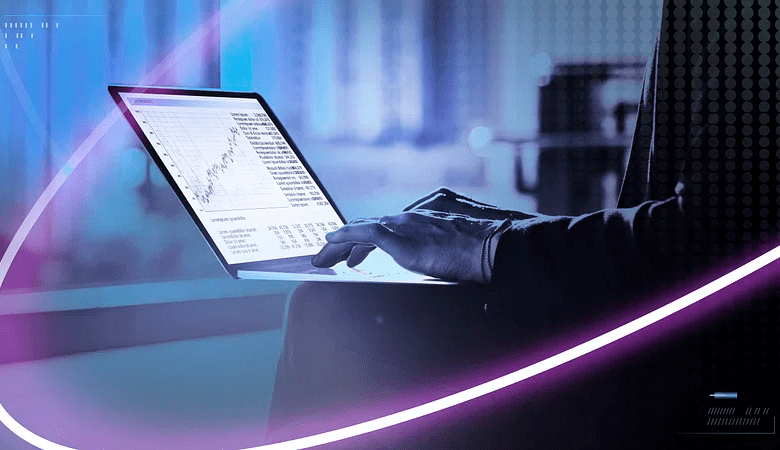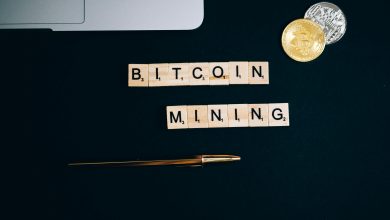
In a world that’s constantly evolving, so is the concept of money. Traditional forms of currency, such as cash and coins, are slowly being replaced by the digital revolution. Digital money, also known as electronic money or e-money, is becoming an integral part of our daily lives. This article explores the dynamic landscape of digital money, how it functions, its various forms, advantages, and the challenges it poses.
The Evolution of Currency
Throughout history, humanity has witnessed the evolution of currency. From bartering to using physical money, the way we exchange value has come a long way. With the advent of technology, digital money has gained prominence.
Digital Money Defined
Digital money, as the name suggests, is a representation of traditional currency in electronic form. It exists solely in digital format and is stored electronically. It can be used for various transactions, just like physical money.
Types of Digital Money
Central Bank Digital Currency (CBDC)
CBDC is a digital currency issued and regulated by a country’s central bank. It is considered a legal tender and carries the backing of the government, making it trustworthy and widely accepted.
Cryptocurrencies
Cryptocurrencies, like Bitcoin and Ethereum, are decentralized digital currencies. They use blockchain technology to enable secure, transparent, and borderless transactions.
Digital Wallets
Digital wallets are applications that allow individuals to store, send, and receive digital money. They are user-friendly and play a significant role in the adoption of digital money.
How Digital Money Works
Transactions
Digital money transactions involve the transfer of funds electronically, often through the internet or mobile applications. These transactions are efficient, quick, and can be conducted 24/7.
Security
Digital money prioritizes security. Encryption and authentication methods are used to protect the user’s funds and personal information, making it a safer alternative to carrying cash.
Advantages of Digital Money
Convenience
Digital money provides unparalleled convenience. It eliminates the need to carry cash, allowing users to make transactions anytime, anywhere.
Transparency
The digital nature of these transactions results in increased transparency. All transactions are recorded and can be easily audited, reducing the risk of fraud.
Security
Digital money is highly secure, with robust encryption and authentication measures in place. This safeguards users against theft and fraud.
Financial Inclusion
Digital money has the potential to bring financial services to underserved and unbanked populations, improving financial inclusion globally.
Challenges and Concerns
Privacy
The use of digital money raises concerns about privacy, as transactions can be traced more easily than cash transactions.
Regulatory Issues
Governments are working to create regulations for digital money to prevent illegal activities and ensure consumer protection.
Volatility
Cryptocurrencies can be highly volatile, which may deter some users from adopting them as a stable means of exchange.
The Future of Digital Money
The future of digital money is promising. As technology continues to advance, we can expect to see further innovations in this field. The widespread adoption of digital money is on the horizon.
Conclusion
Digital money is reshaping the way we perceive and use currency. With its convenience, security, and potential for financial inclusion, it is clear that digital money is here to stay. As society continues to embrace this financial evolution, the landscape of finance will undoubtedly change.
FAQs
Is digital money safe to use?
Yes, digital money is generally safe to use, thanks to robust security measures.
What is the difference between CBDC and cryptocurrencies?
CBDC is centralized and government-backed, while cryptocurrencies are decentralized and not controlled by any single entity.
How can I get started with digital money?
To get started, you can create a digital wallet and explore the available options in your region.
Are there any fees associated with digital money transactions?
Some platforms and services may charge transaction fees, so it’s essential to check the terms and conditions.
What is the future of digital money?
The future of digital money looks promising, with continued technological advancements and increasing acceptance worldwide.




